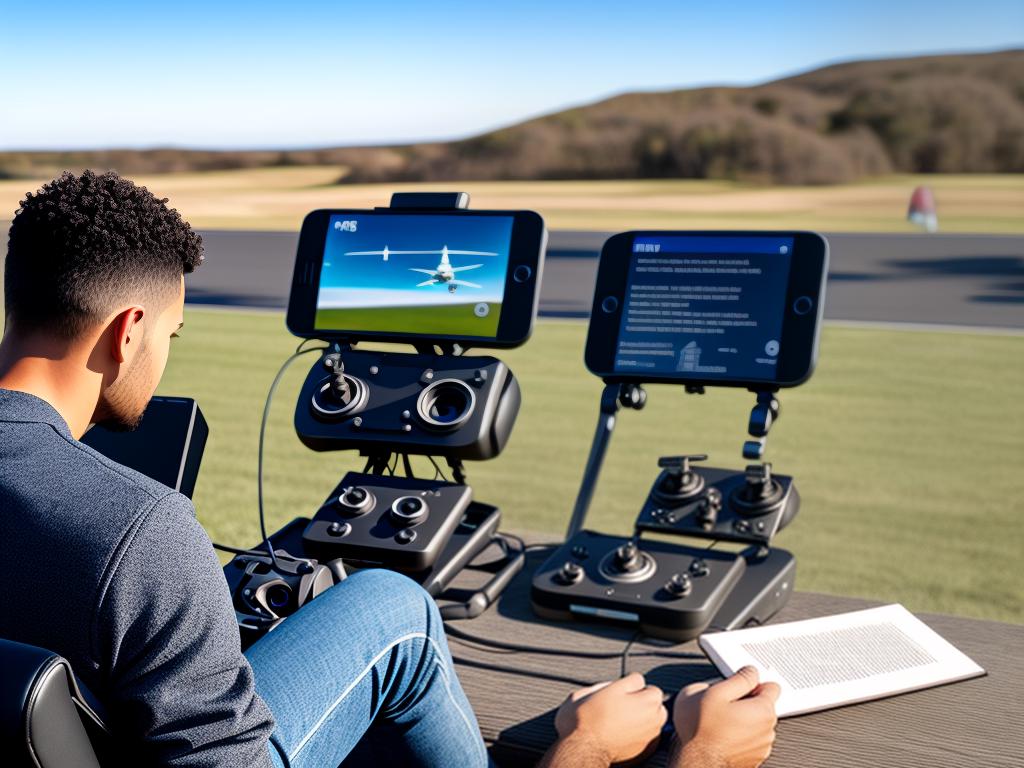The advent of drone technology has revolutionized numerous industries, none more so than real estate. Increasingly, firms are making the strategic decision to incorporate drones, specifically those produced by industry leader DJI, into their marketing toolkits for an array of compelling reasons. This innovation not only provides a unique perspective on properties but also enhances the attractiveness and utility of real estate listings in unforeseen ways. Yet, this leap into the future is not without its complexities and challenges, including navigating the legal and regulatory framework surrounding commercial drone usage. Additionally, with various models available on the market, choosing the right DJI drone is pivotal for ensuring optimal results. This discussion aims to shed light on these critical aspects of drone usage in real estate marketing while also outlining its potential cost-benefit proposition.
Benefits of Using Drones in Real Estate
Diversification, differentiation, and dynamism seem to be the pillars holding up successful businesses in the modern age, regardless of the industry. So, let’s talk about one intriguing piece of technology that is rapidly easing its way into the traditional sectors: drones. More specifically, DJI drones.
You may ask, why drones? More importantly, why DJI drones? Simple. They bring efficiency, effectiveness, and that much-needed competitive edge—especially critical for the real estate business.
Imagine giving potential property buyers a complete, immersive view of the property. DJI drones, with their advanced cameras and flight technology, allow real estate agents to do just that. They offer aerial photography and videography—capturing staggering, bird’s-eye view images and footage that can highlight every aspect of a property with precision.
Factors like neighboring properties, proximity to amenities, and the nature of surrounding landscapes can be accurately portrayed. This visual expedition isn’t simply alluring; it provides consumers with much-needed insights into the property that ground-level imagery cannot capture.
DJI drones offer versatility at its best. They can fly low and weave through tight paces for capturing details that usually elude the human eye. They can also soar high, enabling panoramic views that provide a comprehensive understanding of the property’s environment.
Keep in mind that today’s consumers are more tech-savvy and sophisticated than ever before. Utilizing DJI drones shows potential buyers that the real estate business is evolving with the times. With the integration of drone technology, businesses communicate their commitment to innovation, meeting clients on the digital frontier.
The adage time is money couldn’t be more true, and DJI drones epitomize efficiency. They eliminate the need for multiple site visits, making the property viewing process faster while driving cost savings. They execute multiple tasks, from inspecting roofing conditions to capturing the property at various angles.
Select DJI drones also incorporate GPS-programmed flight paths and automated take-offs and landings, adding an extra layer of convenience and reliability. Pre-programmed flight paths ensure each drone tour captures the necessitated details every time, creating a streamlined, consistent process that benefits both buyers and real estate agents.
Switching gears towards the business end, these drones help in charting marketing strategies too. Leveraging DJI drone-captured analytics enables the real estate business to better understand the best selling points of properties at a faster rate.
So, to anyone who aspires to stay ahead on the real estate playing field, it’s crucial to evolve with the changing times. Incorporating advanced technology like DJI drones illustrates not only a willingness to adapt but also a keen understanding of leveraging resources for business growth.
Business is all about taking calculated risks, and DJI drones signify a risk worth taking. Given the benefits they bring to the table, they truly represent the future of real estate, driving it on a path of rapid digitization and global competitiveness. Convinced? It’s about time. Do not let your business lag behind because of reluctance to embrace this potent tool. Get a DJI drone today and revolutionize the way you do real estate business.
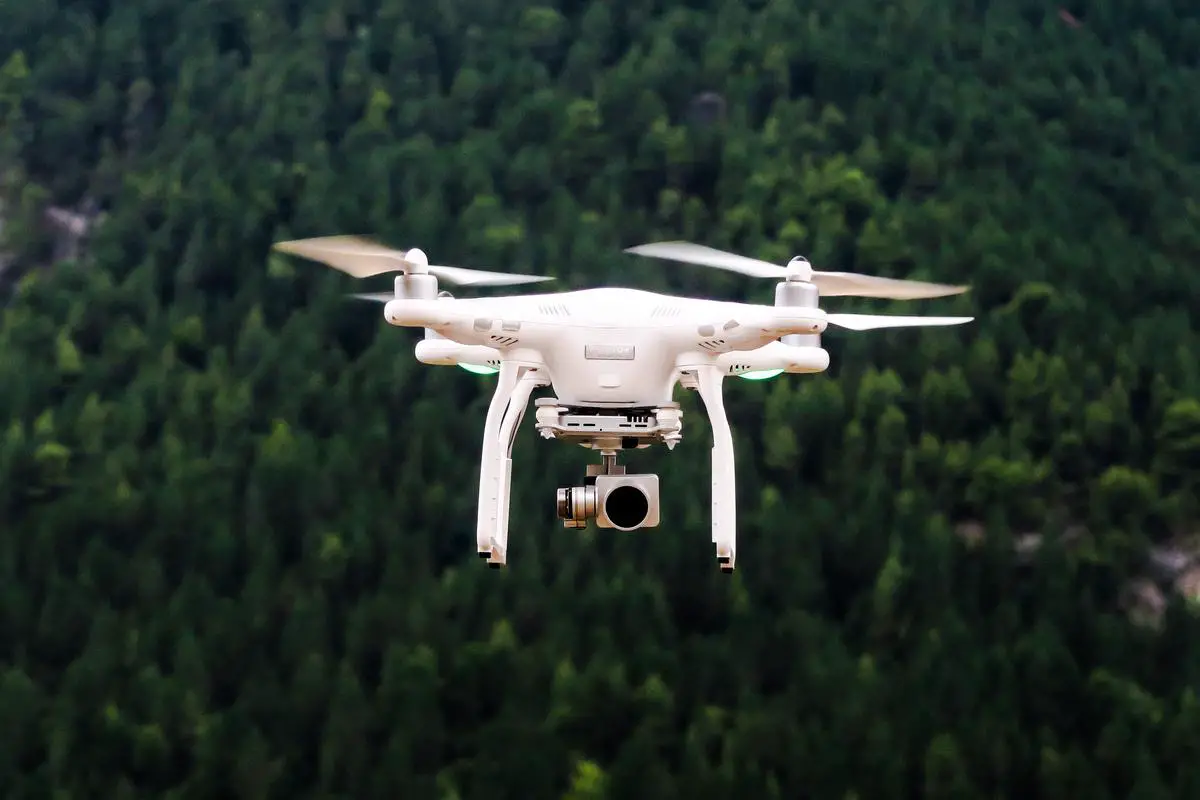
Photo by jeisblack on Unsplash
How DJI Drones Enhance Property Listings
Boosting Proximity and Affluence with DJI Drones
Venturing into the advanced stride of DJI drones in the real estate world offers an eye-opening paradigm about the competition in the property market. Vibrant, richly detailed visuals from a bird’s-eye view might just be the competitive advantage real estate agents need for that selling edge.
In a field where sharp, informative visuals make a tremendous impact, property listings empowered by drone photography noticeably attract more potential buyers. DJI drones bring an extraordinary touch of class that instantly captivates a potential buyer’s attention. Their stunning ability to capture the surrounding neighborhood’s facilities, local schools, parks, and transportation options provide a comprehensive presentation, enriching the buyer’s engagement and providing an easy comparison to other properties.
Moreover, DJI drones have a way of highlighting a property’s unique selling points strategically. From showcasing a property’s sprawling backyard, a panoramic view of a cityscape condominium, down to a secluded beach resort’s private cove, drone technology elevates potential buyer’s comprehension to a whole new level.
Drone technology also transcends the boundaries of light restrictions. The sunset visuals or twilight shots’ inherent charm provides the glow to property listing that attracts potential buyers like moths to a flame. DJI drones, with their unquestionable advanced lighting balance, create a perfect twilight glow, giving a sublime subtle hint of the setting sun, radiating warmth to any property.
Of course, the prospect of virtual tours is the icing on the cake. DJI drones can skillfully provide a 360-degree virtual tour, offering an immersive experience that appeals to the millennial market—prospects who prioritize convenience, efficiency, and technological advancement in their buying decisions.
In the real estate sector, where marketing is a game-changer, DJI drones equip the players with better tools to effectively showcase their properties. Agents who are already harnessing this technological innovation are no doubt gaining an edge in the competitive real estate market.
In conclusion, as technology continuously evolves and advances, so should our marketing strategies. Real estate businesses reluctant to welcome technological innovation will likely trail behind in this digital age. Be captivated, be innovative, and start profiting with DJI drones’ incredible power in enhancing your property listings.

Understanding the Legal and Regulatory Aspects of Using Drones
Let’s pivot now to another crucial aspect that impacts the usage of DJI drones in real estate marketing – the landscape of laws and regulations.
Overlaying drone technology over the real estate industry isn’t a simple plug-and-play operation – it’s a fact businesses need to appreciate and respect. Grappling with laws can make the difference between a smooth flight path and heavy turbulence.
Maneuvering Regulatory Skies: Legal Considerations for DJI Drones in Real Estate
Remember, ownership of a DJI drone is just the first step. Making commercial use of the drone, such as in real estate marketing, necessitates an understanding and compliance with existing Federal Aviation Administration (FAA) laws. The FAA regulations dictate that commercial drone operators must obtain a Remote Pilot Certificate under the Part 107 rule.
This certification, in turn, requires passing a knowledge test and undergoing TSA security vetting. Let’s not forget, drone flights for commercial purposes should not fly over 400 feet above ground level, within 5 miles of an airport, or over people not involved in the operation. Deviating from these guidelines can have stark legal consequences.
These rules aren’t a one-time ordeal either. Recertification is needed every two years to ensure familiarity with evolving FAA regulations addressing safety, airspace, weather, operations, and emergencies. When it comes to piloting DJI drones for real estate marketing, staying attuned to the changes in FAA rules is non-negotiable.
While federal laws set the landscape, don’t overlook local and state regulations. These laws could further restrict where and when drones can be flown. Entrepreneurs need to dig deeper to ensure all legal bases are covered in their geographical operating zones. Privacy laws, too, come into play as you strategically angle DJI drones to capture the best property visuals. Tread cautiously not to infringe upon neighbor’s rights to privacy.
Beyond legal navigation, liability insurance is a business-savvy move, given potential mishaps. Drone accidents can damage the property, hurt individuals, or infringe on privacy. Therefore, acquiring drone insurance provides a fallback plan and exhibits your business’s thoughtful risk management.
Prudent businesses should have these legal considerations etched onto their flight plan. Ignorance isn’t bliss when it comes to FAA regulations or state laws. In this instance, knowing the rules inside out will ensure your DJI drone is a formidable tool, rather than a legal liability.
Laws might not be the most riveting aspect of drone incorporation. However, they dictate the operating framework businesses must abide by. Make no mistake: compliance is a ticket to entrepreneurial success and longevity. So, before launching that DJI drone, make sure you’re not just prepared for takeoff, but also for the entire journey.
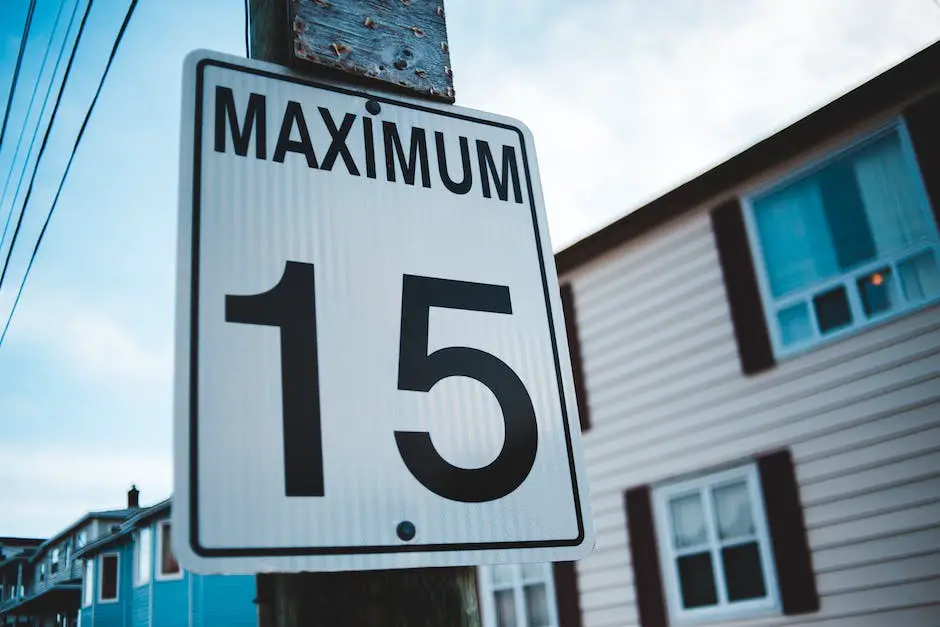
Choosing the Right DJI Drone Model
Diving into the world of DJI drones, there are numerous models suitable for different applications. For the real estate industry, the ideal drone needs to be portable, easy to use, and equipped with high-resolution cameras. But which DJI drone fits this description perfectly?
The DJI Mavic Pro is a stellar choice for real estate marketing. Attuned to the needs of the industry, this drone not only captures remarkable wide-angle shots, but it can also fly for up to 27 minutes at one go. This equates to capturing more footage per flight without frequent interruptions to change batteries. Plus, its compact size and foldable design make it easy to carry to different locations.
Equipped with a 4K ultra-high-definition camera, the Mavic Pro ensures that every detail is crystal clear. Its three-axis gimbal offers stability even in windy conditions, guaranteeing smooth, professional-grade aerial footage every time. Furthermore, the drone’s obstacle detection and avoidance system add an extra layer of safety, preventing unwarranted incidents during flights.
Investing in the DJI Phantom 4 Pro is another wise move for real estate professionals. This drone is a powerhouse of features including a 20-megapixel camera that shoots in 4K resolution, a mechanical shutter to eliminate rolling shutter distortion, and an impressive flight time of 30 minutes. Its five-direction obstacle sensing and four-direction obstacle avoidance provide enhanced safety.
For those who want to take their real estate marketing game a notch higher, the DJI Inspire 2 along with the Zenmuse X5S camera is a worthwhile investment. While the Inspire 2 drone can fly at impressive speeds and handle harsh weather, the Zenmuse X5S captures unparalleled quality of images and videos. On top of this, operators can use different lenses on the camera for various types of shots.
Let’s not overlook the DJI Mini 2 – a budget-friendly drone ideal for real estate agents just stepping into aerial photography. Despite its small size, this drone comes with a 4K camera and boasts about 31 minutes of flight time. Moreover, its wind resistance capabilities make it a dependable ally for outdoor shoots.
In the grand scheme of things, DJI offers drones that cover all levels of the spectrum, from beginner-friendly to professional-grade, ensuring there’s a fit for every real estate agent. Choosing the right DJI drone comes down to your individual needs, budget, and the specific features that will best showcase the properties you’re marketing. Remember, the ultimate goal is to enhance the client’s visual experience and make your listings stand out.
In conclusion, DJI drones have irrefutably revolutionized real estate marketing. Choose wisely, adhere to regulations, fly responsibly, and use these flying marvels to catapult your real estate venture into an exciting era of digital presentation and consumer engagement.
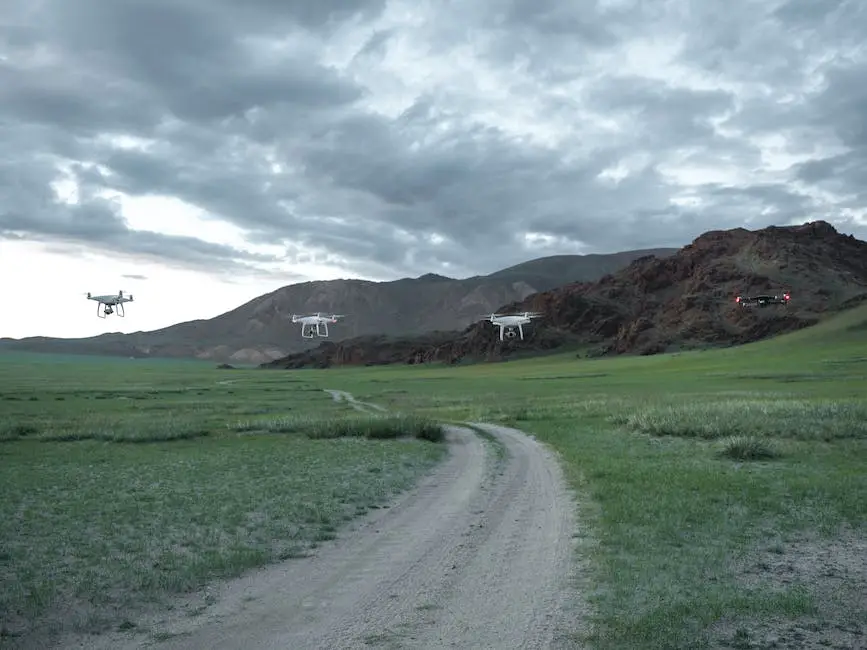
Cost-Benefit Analysis of Using DJI Drones
The digitalization of the real estate industry doesn’t end with tech-savvy consumers and sharper, more informative visuals – especially not when a tool as powerful and dynamic as the DJI drone is considered. So the question begs, are the investments in DJI drones worth it for real estate marketing?
Property listings are more robust when you deputize DJI drones. They capture the ambiance of a neighborhood, ultimately heightening buyer engagement. Beyond the boundaries of a property, the confines of which a ground-level camera is restricted to, a DJI drone can accurately depict the true living experience by showcasing the vibrant local scenes and natural appeal of a location. An image is truly worth a thousand words, and with the added layers of perspectives and context offered by DJI drones, the language of real estate marketing becomes infinitely more compelling.
Here, we are beholding the artistry of real estate marketing that traipses the verge of light limitations. With DJI drones, golden hour doesn’t have to end at sunset. This technology offers the capability to capture the evening allure of a property in a twilight glow, creating an enchanting portrayal in property listings that ground-level aesthetic shots may often lack.
Consider the millennial market – a demographic that constitutes an ever-growing segment of property buyers. In today’s digital age, the traditional methods of showcasing a listing – think 2D layouts and static images – are undergoing a compelling transformation. With DJI drones, potential buyers can embark on a virtual property tour far more immersive than any static image could offer. This isn’t merely skimming over benefits, but diving headfirst into the world of experiential marketing, where buyers are participants, not mere spectators.
Make no mistake, technological innovation isn’t just the future – it is the present. It’s no longer a question of whether to embrace tools like DJI drones, but rather, how best to utilize them to gain a competitive edge. Real estate agents armed with DJI drones have reported increased customer engagement, showcasing that while technology evolves, so too does the art of selling. It’s Darwinism, but for property listings.
Of course, the application of this ingenious tech comes with its own set of responsibilities. Federal Aviation Administration (FAA) rules, for instance, mandates commercial drone operators to possess a Remote Pilot Certificate under the Part 107 rule. This involves a knowledge test and TSA security vetting to ensure safe and responsible drone operations. It’s also important to be savvy about the height, distance, and personnel restrictions when flying commercially, as well as privacy laws when snapping images or filming videos.
Responsible drone use extends to being insured for any potential accidents or damages. As much as we want to steer clear of mishaps related to drones, liability insurance is inevitably a wise buffer to have. To reiterate, adept use of DJI drones in the real estate industry is not just knowing its operation, but also understanding the laws and potential risks related to them.
Finally, let’s delve into the choices of DJI drones available for real estate agents. The DJI Mavic Pro, the DJI Phantom 4 Pro, the DJI Inspire 2 with Zenmuse X5S camera, and the budget-friendly DJI Mini 2. Each offering unique functions and features that revolutionize the art of real estate showcasing, from wide-angle shots to weather resistance capabilities, lens compatibility to wind resistance capabilities, the options are vast and varied according to an agent’s needs, budget, and property showcasing requirements.
In conclusion, DJI drones have indisputably transformed the world of real estate marketing. Yes, it requires an investment. Yes, it demands due diligence. But the payoff? An immersive property viewing experience that truly separates the wheat from the chaff. When wielded correctly, DJI drones are not just another tool in the kit but a potent gamechanger within the real estate industry.
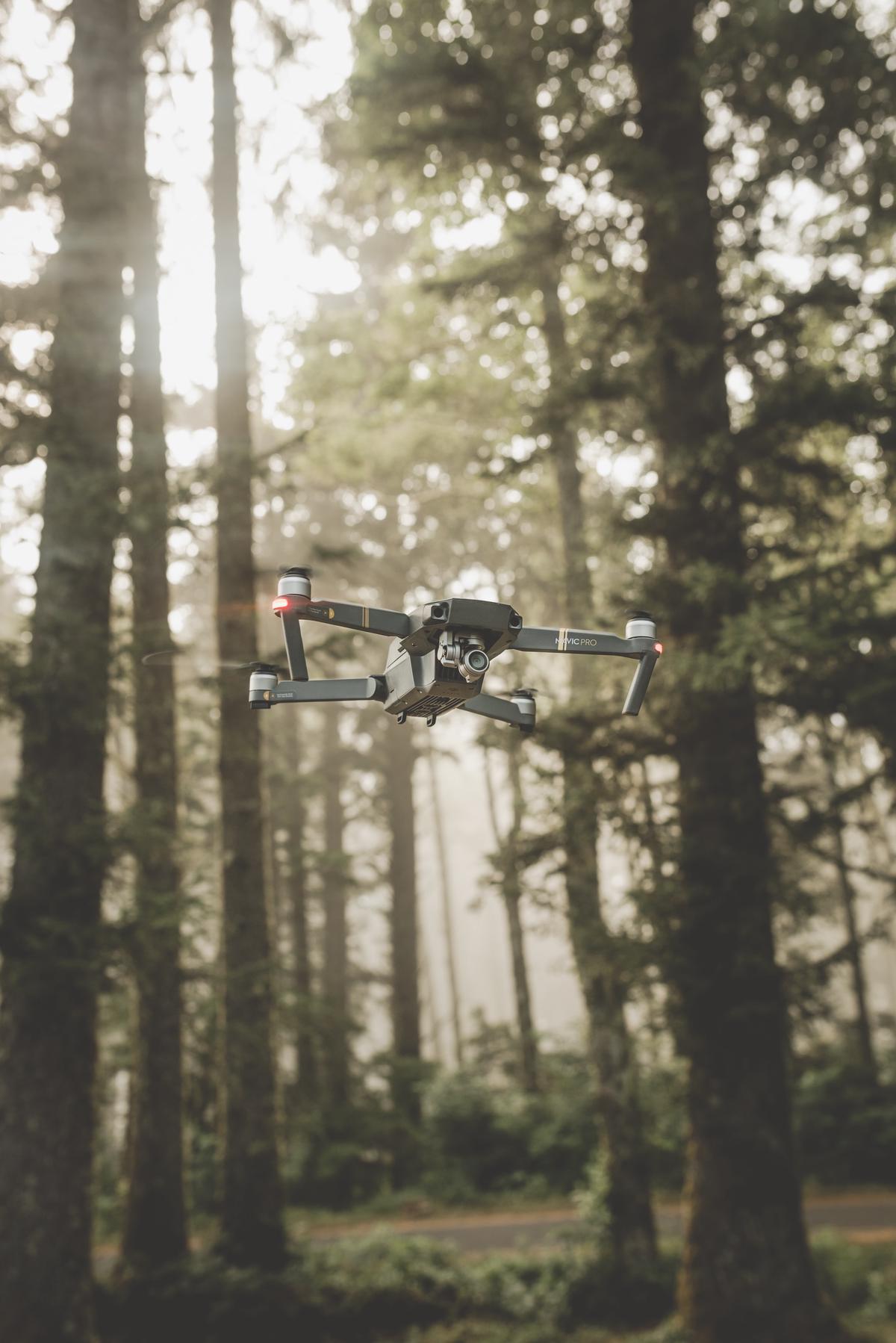
Photo by claybanks on Unsplash
Stepping into the future, the real estate landscape is undoubtedly shifting towards a more tech-enabled outlook, with drones becoming an integral part of the new normal. The impact of DJI drones on property listings can hardly be overstated, providing stunning aerial views and creating immersive virtual tours that captivate potential buyers’ imaginations. This edge in competitiveness, merged with an understanding of the legal aspects and a well-informed choice of drone model, can prove to be an outstanding strategic move. However, a careful cost-benefit analysis is fundamental to determining the financial wisdom of integrating drone technology. In the rapidly-evolving world of real estate, staying ahead of the curve and embracing opportunities could indeed be a game-changer.
Originally posted 2024-01-08 02:12:17.



